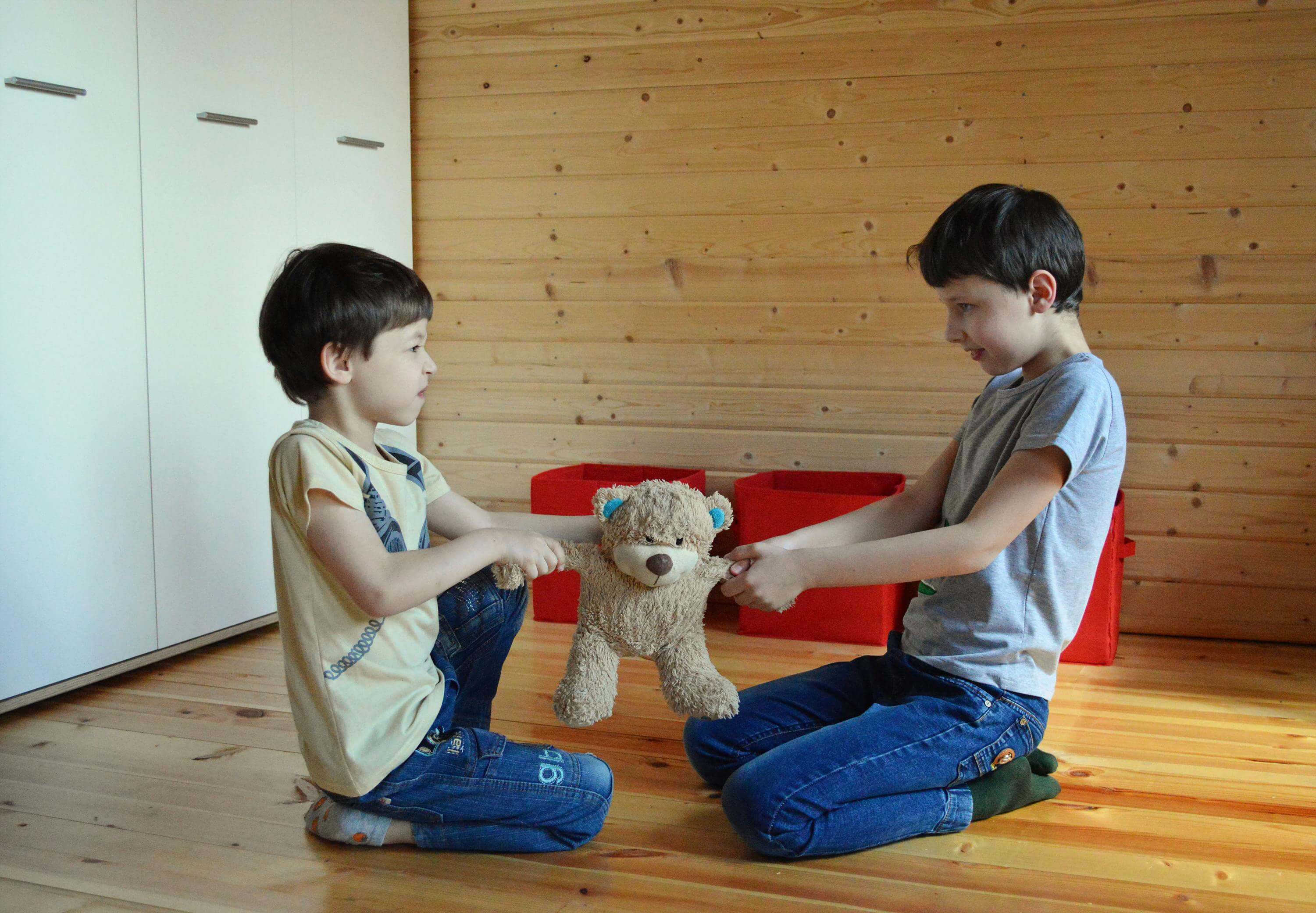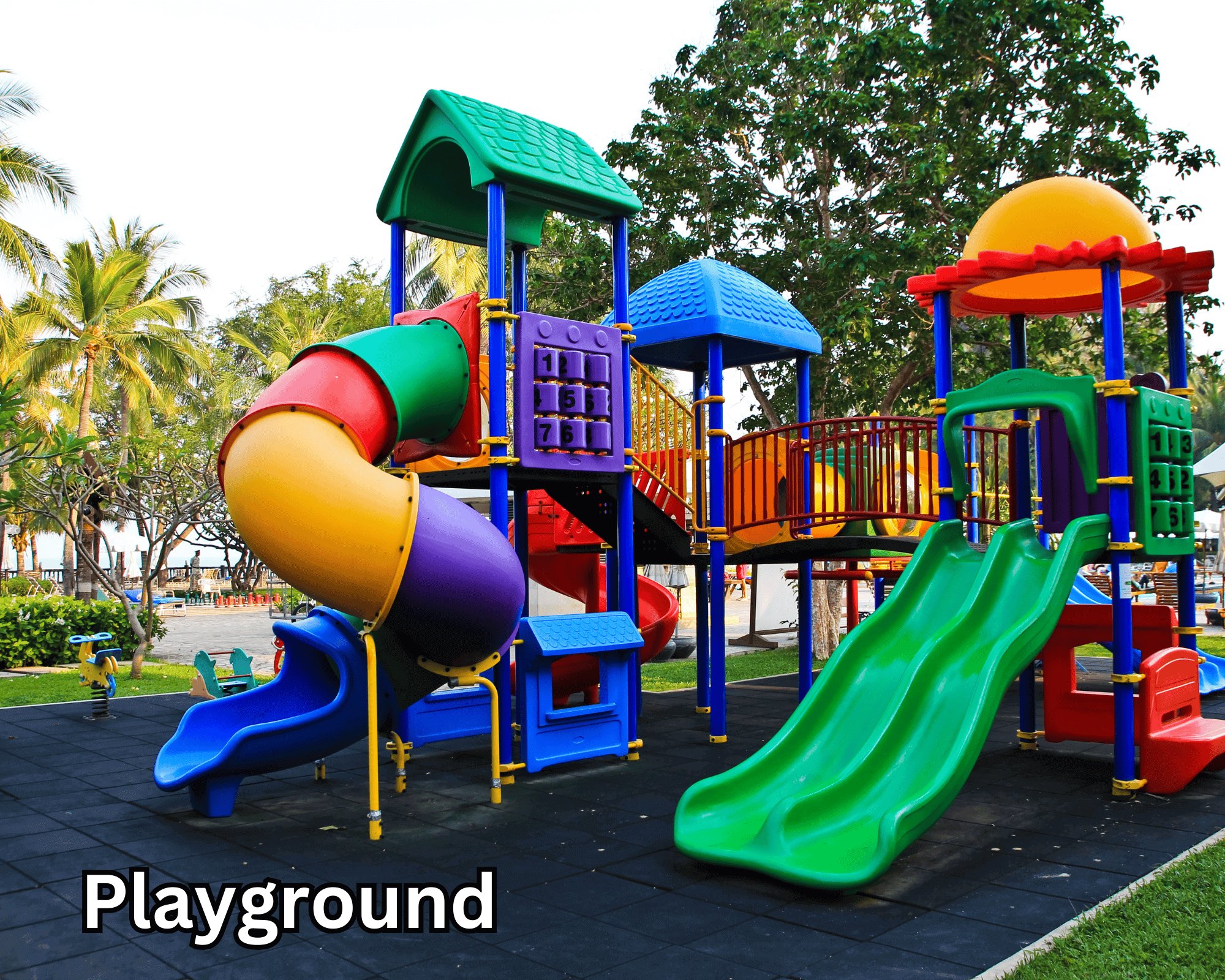The Ultimate Guide on How to Parent a Strong-Willed Child
Embracing the Strength of a Strong-Willed Child
Parenting a strong-willed child can feel like navigating a storm—equal parts thrilling and exhausting.
One moment, they're fiercely independent and determined, and the next, they’re locking horns with you over something as simple as putting on socks. But here’s the secret: that stubbornness? It’s actually a strength in disguise.
 Strong-willed schoolage boy looking very confident and sure of himself.
Strong-willed schoolage boy looking very confident and sure of himself.Strong-willed children are natural leaders. They’re driven, passionate, and unwilling to accept “because I said so” as a valid reason. While this trait can be challenging to parents, it’s also something to nurture.
If guided well, that same unyielding spirit will help them grow into confident, capable adults.
Here you’ll find expert-backed techniques, real-life experiences, and practical strategies to help you raise a strong-willed child without breaking their spirit—and without losing your sanity.
1. Understanding the Strong-Willed Child: What Makes Them Tick?
Traits of a Strong-Willed Child
Strong-willed kids aren’t just being difficult for the sake of it. Their behavior is rooted in a distinct personality style, often marked by:
✅ Intense emotions – They feel things deeply, from frustration to excitement.
✅ Unwavering determination – Once they set their mind on something, they won’t back down easily.
✅ Independence – They like doing things their own way (even if it means struggling longer).
✅ Curiosity & questioning authority – "Why?" isn’t just a phase—it’s their way of making sense of the world.
✅ Resistance to being controlled – They respond poorly to commands, especially when they don’t understand the reasoning.
Real-Life Example:
"My 5-year-old, Liam, refused to wear his jacket in freezing weather. Instead of forcing him, I let him step outside for a few seconds. He came back in and put it on without a fight. Lesson learned: Strong-willed kids need to experience consequences rather than be told what to do." – Emily, mom of two.
2. The Power of Connection: Leading Without Power Struggles
Strong-willed kids don’t respond well to authoritarian parenting. Instead of demanding obedience, focus on connection—because kids who feel understood are more likely to cooperate.
How to Build a Strong Parent-Child Connection:
1️⃣ Give them choices – Instead of “Put your shoes on now,” try “Would you like to wear the red shoes or the blue ones?” Giving options helps them feel in control.
2️⃣ Acknowledge their feelings – “I see that you’re really upset about leaving the playground. It’s hard to stop when you’re having fun.” When kids feel heard, they’re less likely to dig in their heels.
3️⃣ Use positive phrasing – Instead of “Stop running!” say “Use your walking feet inside.” Strong-willed kids often resist negatives, but they’re more receptive to redirection.
4️⃣ Avoid unnecessary battles – Ask yourself: Does this truly matter? Pick your battles wisely, and let go of the small stuff.
Real-Life Example:
"Bedtime used to be a nightly war with my daughter, Ava. The more I pushed, the more she resisted. I finally gave her control over her bedtime routine—she could choose the order (bath, pajamas, book), as long as everything got done. Instantly, the resistance disappeared." – Mark, father of a 6-year-old.
3. Discipline That Works: Setting Boundaries Without Breaking Their Spirit
Discipline doesn’t mean breaking their will—it means teaching them how to channel their strength constructively.
 Very strong-willed boy expressing his feelings of anger.
Very strong-willed boy expressing his feelings of anger.Effective Discipline Strategies for Strong-Willed Kids:
✅ Set firm but fair boundaries – Example: “I know you want to play longer, but bedtime is at 8:00. You can pick the last story we read.”
✅ Let natural consequences teach lessons – If they refuse to wear a jacket, let them feel cold for a moment (as long as it’s safe).
✅ Use logical consequences – Instead of "You're grounded for a week," try, "Since you threw the toy, you’ll need to take a break from playing with it."
✅ Stay calm during meltdowns – Strong-willed kids thrive on energy. If you stay calm, they’ll eventually mirror you.
What NOT to Do:
🚫 Avoid yelling – It escalates the situation and teaches them to yell back.
🚫 Don’t use force or threats – They will push back harder.
🚫 Never label them as "bad" or "difficult" – Instead, reframe their traits positively: “You’re persistent,” not “You’re stubborn.”
4. Encouraging Their Strengths: Turning Stubbornness into Leadership
Strong-willed kids are born leaders, but they need guidance to develop their strengths.
How to Nurture Their Potential:
🔹 Encourage problem-solving – Ask: “What’s a good solution to this problem?” instead of giving answers.
🔹 Support their passions – If they’re obsessed with dinosaurs, encourage reading, museum visits, or creative projects.
🔹 Teach negotiation skills – Help them understand compromise by modeling it in everyday life.
🔹 Praise their determination – Say, “I love how you kept trying even when it was hard” to reinforce resilience.
Real-Life Example:
"My son, Jake, was always arguing. Instead of shutting him down, I encouraged him to join the debate team. Now, he channels that energy into something positive." – Sarah, mom of a teenager.
5. Managing Your Own Emotions: Staying Calm in the Chaos
Parenting a strong-willed child is exhausting. But your reaction matters—because how you handle stress teaches them how to handle theirs.
Tips for Staying Calm:
🌿 Pause before reacting – Take a deep breath before responding.
🌿 Use humor when possible – Laughter can defuse tension.
🌿 Take care of yourself – Make sure you’re getting rest, support, and time for yourself.
🌿 Remind yourself: This is a strength – One day, their determination will serve them well.
Real-Life Pep Talk:
"When my daughter refuses to listen, I remind myself: I’m raising a future CEO, not a follower. It helps me see her strength, not just the challenge." – Rachel, mom of a 7-year-old.

Final Thoughts on How to Parent a Strong-Willed Child!
Parenting a strong-willed child isn’t about breaking their spirit—it’s about guiding their strength. Yes, they’ll test boundaries, argue, and challenge rules.
But they’ll also grow into passionate, driven adults if we channel their determination in the right direction.
When the tough days come (and they will), take a deep breath and remember: You’re not alone.
And one day, you’ll look at your child—standing up for what’s right, chasing their dreams, or leading with confidence—and you’ll know it was all worth it.
✨
12 Expert Tips on Parenting a Strong-Willed Child by Dr. Laura Markham
Parenting a strong-willed child can feel like an endless battle of wills, but what if those power struggles could be transformed into opportunities for growth and connection?
Instead of viewing their defiance as a challenge, imagine it as a sign of strength, integrity, and determination—qualities that, when nurtured correctly, will serve them well in life.
In this expert-backed video, Dr. Laura Markham, founder of AhaParenting.com, shares practical, science-based strategies to help you navigate parenting a strong-willed child with patience, respect, and confidence.
From reducing power struggles to teaching cooperation without breaking their spirit, this guide will empower you with the tools to foster a healthy, trusting relationship while encouraging your child’s independence.
Watch now and discover how to raise a resilient, self-motivated child—without the daily battles! 🎥👇
You’ve got this! 💪
Want More Information?
✔️ Recommended Reading:
The Strong-Willed Child by Dr. James Dobson
Raising Your Spirited Child by Mary Sheedy Kurcinka
✔️ Join the Conversation:
Have a strong-willed child? Share your experience in the comments below! 🚀


















